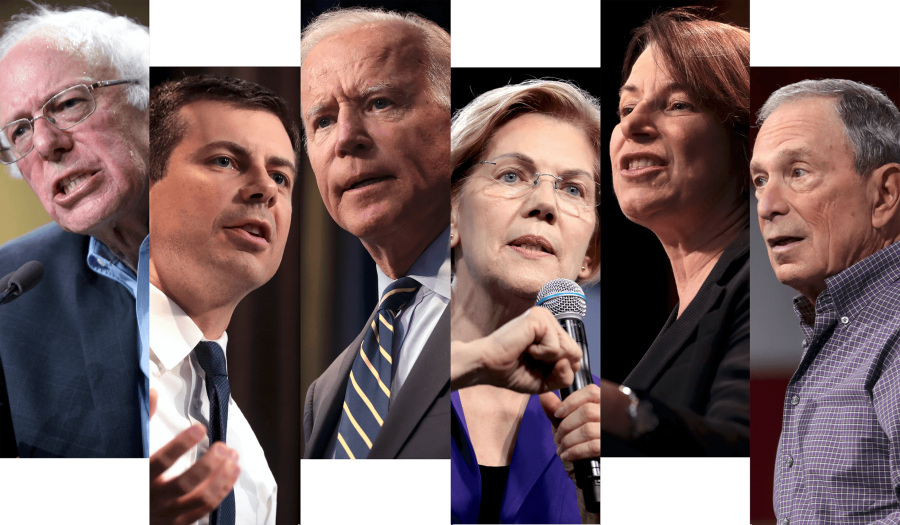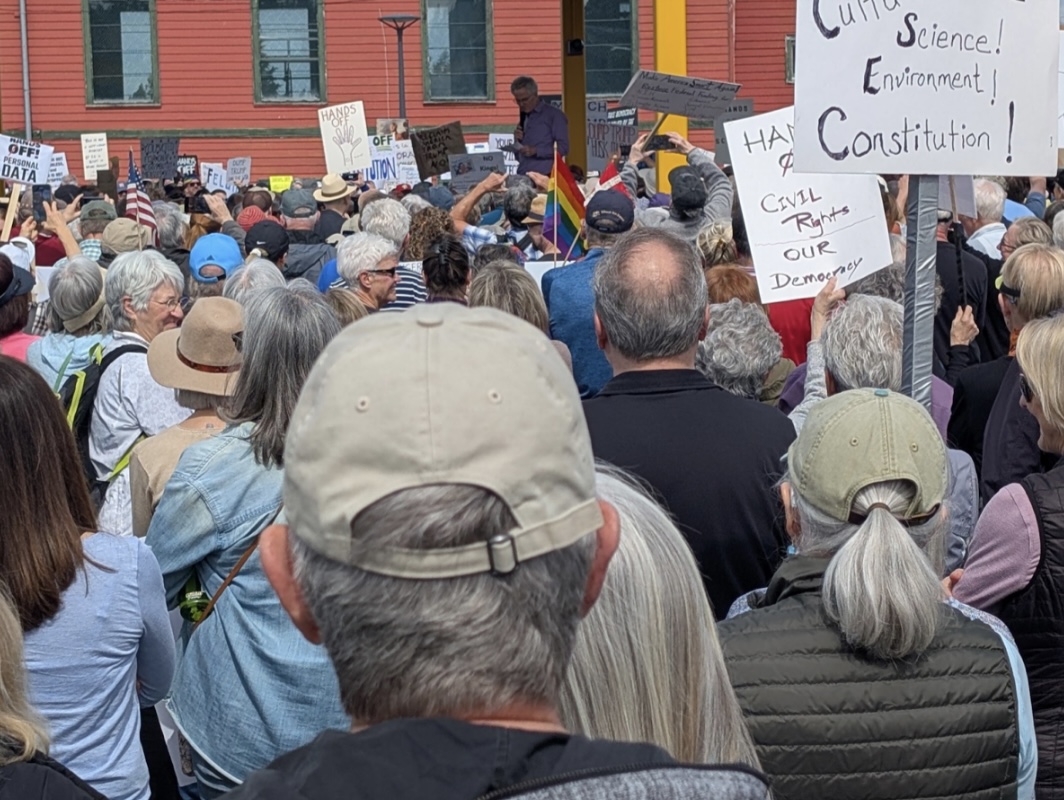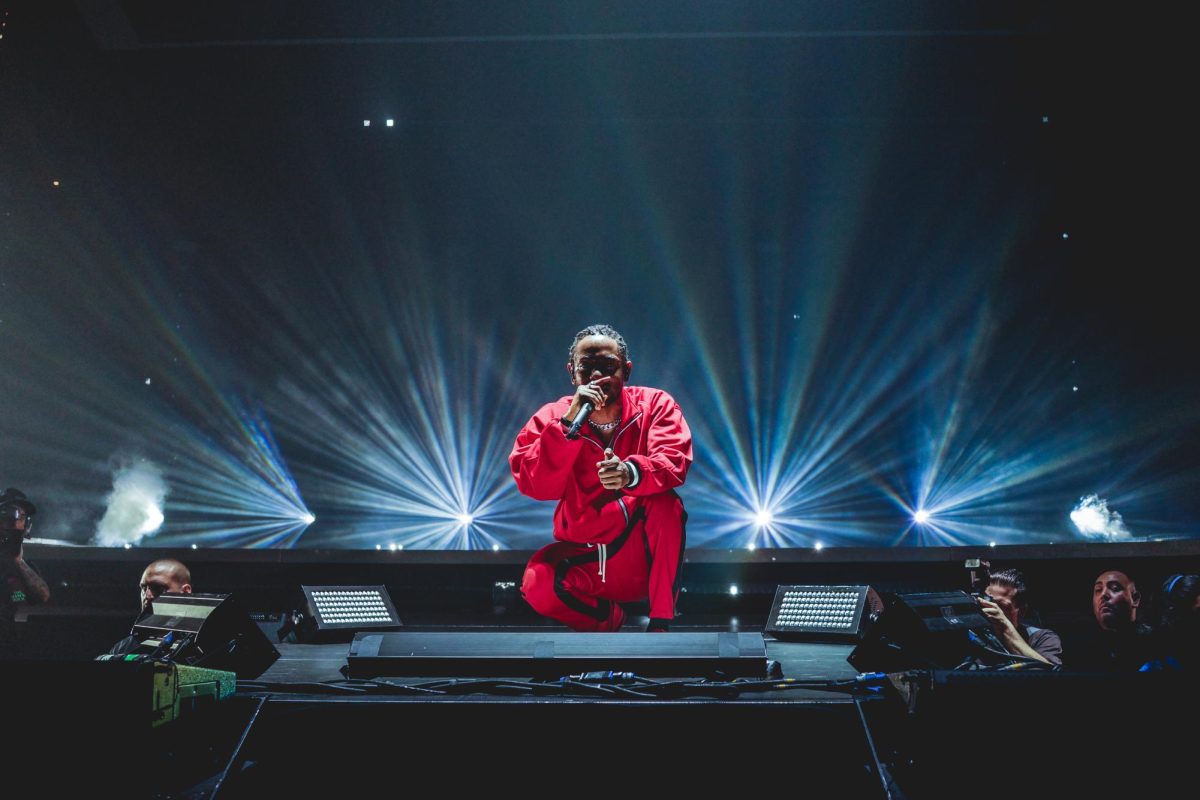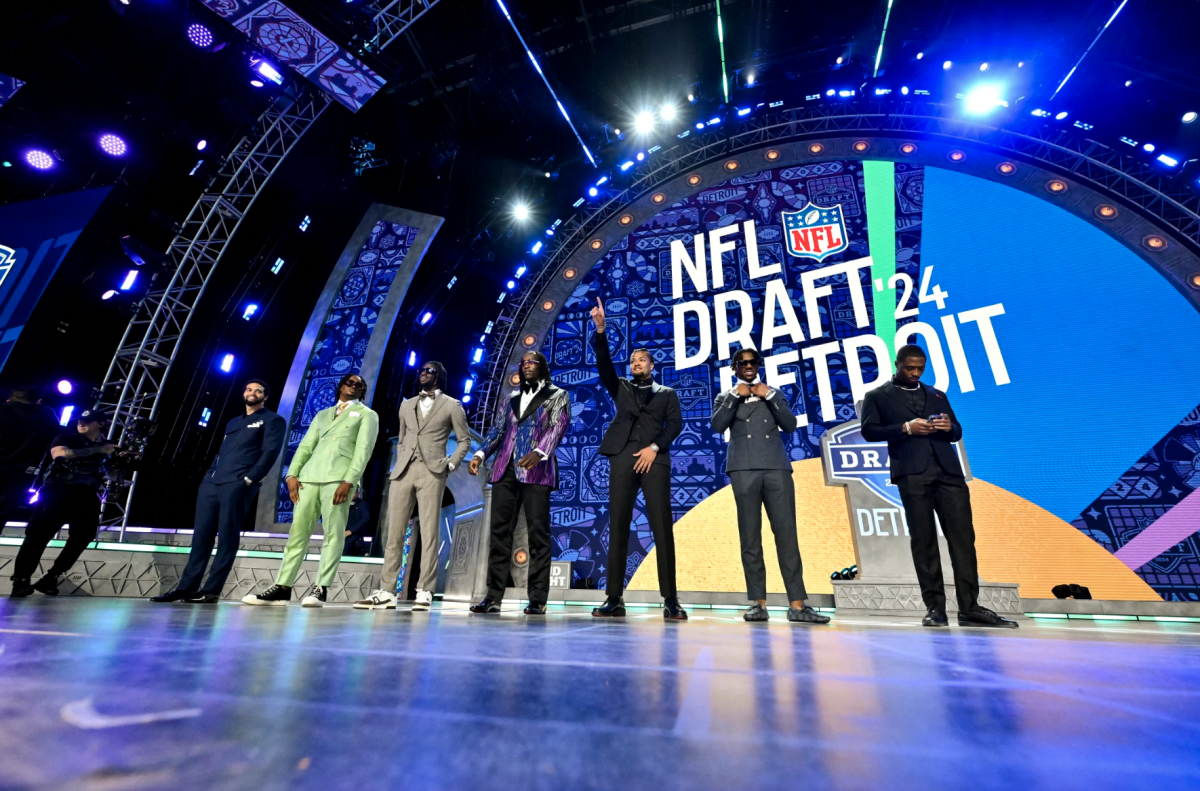The democratic and republican primaries stand in stark contrast.
The democratic moderate establishment has yet to find a candidate to fully coalesce behind, while poll after poll shows that Bernie Sanders’ momentum might prove too much to stop. Republicans, on the other hand, are either outright cancelling primaries or organizing elaborate coronations for President Donald Trump, who won both the Iowa and New Hampshire primaries in predictable landslides.
Meanwhile, democrats plan to fight to a perhaps bitter end.
Bernie Sanders
Just a few months ago, cable news pundits were suspiciously quick to dismiss Sanders’ candidacy, mainly due to the senator’s health problems and Elizabeth Warren’s rise in the polls, who was perceived to have tapped into his progressive voter base.
Indeed, the polls weren’t kind to Sanders initially.
However, the Sanders’ campaign exceptional ground work and outreach efforts have proven fruitful; Sanders began rising in the polls at just the right moment, around a month before the Iowa caucuses, coinciding with Warren losing momentum and Joe Biden beginning to feel a little bit of vertigo.
Sanders, sporting an uncanny laser-focus on issues like Medicare For All and wealth redistribution, has managed to tap into a massive group of disenfranchised voters.
In fact, according to a poll conducted after the New Hampshire primary by Morning Consult, Sanders trounces other democratic candidates among latinos nationally: he polls at 48 percent in this demographic, leading Michael Bloomberg (17 percent) by more than 30 points.
Moreover, Sanders also has a commanding lead with voters of all races younger than 40 years old, which makes Sanders’ candidacy and potential eventual presidency, in my opinion, a question of whether voter turnout will reach the high numbers that his campaign is counting on, or if older demographics will turn the tide of another election, and honestly, with all the impediments that people have when it comes to actually showing up to vote or caucus, the Sanders campaign’s admirable quest to get more people involved in politics might prove unfruitful.
Sanders has gone on to win New Hampshire, and, many argue, Iowa as well. But that’s a whole other topic.
Pete Buttigieg
Former Mayor of South Bend Indiana Pete Buttigieg’s astronomical rise to the forefront of the Democratic Party might seem like a head scratcher to some, but not to those who have been paying attention.
Buttigieg has been shaping up a political career for much of his life; his background fits the Democratic consultant profile almost to a T. Buttigieg graduated from Harvard, was a Rhodes Scholar, and worked in prominent consultant agency Mckinsey. Failed bids for state treasury and Democratic National Committee chair in 2016 aside, his supporters argue that his young age, lack of a track record in national politics, past military service and him being openly gya make him an electable candidate against Trump.
However, his polling with people of color is… worrying for his campaign, to say the least. In July of last year, Buttigieg was polling at a whopping zero percent nationally amongst black people. That has improved (somewhat), Buttigieg now polling at 4 percent amongst black people.
Buttigieg’s surprising ability to compete with Sanders in the first two primaries was due to his ability to speak to the sensibilities of moderate, white voters. However, his inability to connect with POC voters could be a big stumbling block in many of the upcoming states.
Buttigieg has surprisingly gone on to claim victory in Iowa and to a close second in New Hampshire.
Joe Biden
Barack Obama’s former vice president was considered the front runner for a long time. He has always had a strong footing with black voters, and he was expected to ride the wave of his name recognition through the primaries and eventually to the presidency.
However, it’s not quite working out for Uncle Joe at the moment.
Humbling defeats in Iowa and New Hampshire have left his campaign scrambling to find a silver lining; Biden is now counting on strong showings in both Nevada and South Carolina (the upcoming primaries) where he hopes black voters will make his presidential bid bounce back.
However, the latest poll out of Nevada, conducted by WPA Intelligence for the Las Vegas Review Journal and the American Association of Retired Persons shows Biden polling at 18 percent, trailing Sanders by 7 points.
Biden’s defeats in the first two primaries have not only opened the way for Sanders to step up as the front runner, but also allowed moderate candidates like Buttigieg and Amy Klobuchar to tap into his base, with both candidates making late surges in the polls at Biden’s expense.
Biden placed fourth in Iowa and fifth in New Hampshire.
Elizabeth Warren
The Warren campaign has gotten off to a rough start in the first two primaries. Warren was looking like a very strong candidate (polling wise, at least), up until the end of the year. Third and fourth place finishes in Iowa and New Hampshire have left the Warren campaign pinching pennies to make it to Super Tuesday, where Warren hopes to win her home state of Massachusetts, where the latest poll from Falchuk and DiNatale for FiveThirtyEight has her leading Biden by 7 points.
However, the trove of delegates on Super Tuesday are to be found elsewhere, specifically California and Texas, where she trails Sanders and Biden.
Warren’s mediocre performance in the first two states is especially disappointing considering her former stature in the polls and her good ground work game in both states.
Amy Klobuchar
Klobuchar has been a constant presence in the moderate lane since the beginning of this primary cycle, and she just might stick around until the end if her late surge in the New Hampshire primary (coming in third behind Buttigieg) is to be anything more than a one off.
A perennial media darling (endorsed by the New York Times alongside Warren and subject of a myriad of articles praising her as an “electable” candidate), as well as having strong showings in the debates in the eyes of the media, her strong showing in New Hampshire couldn’t have come at a better time for her.
Klobuchar has struggled with name recognition since the inception of her campaign, and all the media attention is helping her reverse this.
I believe the democratic establishment will coalesce behind either Klobuchar or Buttigieg, who share a pool of voters, demographically speaking.
Michael Bloomberg
Ah, Michael Bloomberg. The chaos option.
The former mayor of New York City has spent unprecedented amounts of money trying to buy himself some goodwill, which, considering his record as NYC mayor, he probably needed.
Because of all the money he’s spent on TV and online advertisements and (a figure that is now up to hundreds of millions), Bloomberg is now polling strongly nationally.
A new Quinnipiac University Poll shows Bloomberg polling at 15 percent nationally, behind Sanders and Biden. And he wasn’t even on the ballot in Iowa and New Hampshire.
I think Bloomberg’s unlimited money is the most dangerous factor of this primary. Americans should ask themselves: What does this say about American democracy and all its supposed checks and balances when someone like Bloomberg, who has a disastrous record with policing minorities in NYC and is accused of sexual harassment by a myriad of women, can just wake up one day and decide he wants to be president, effectively trying to subvert democracy using his obscene wealth?
And perhaps more importantly, leaving party lines aside: Is he really any different than Trump?
Bloomberg has skipped the early states and will be on the ballot on Super Tuesday.









